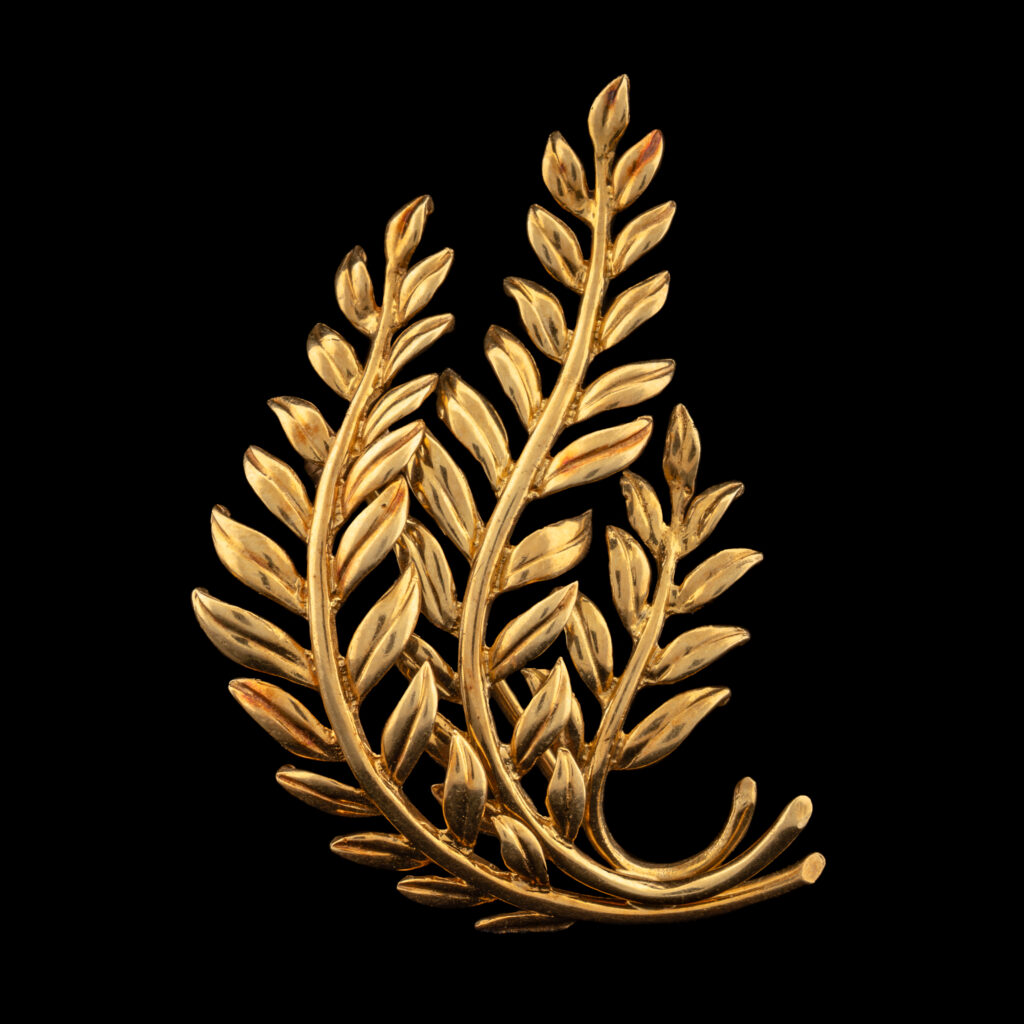
Estate jewelry refers to any jewelry that has been previously-owned, and selling it can be a profitable yet intricate process. Whether you’re parting with a family heirloom, an inherited collection, or simply looking to sell your own pieces, understanding the factors that influence its value and how to sell it wisely can help you get the best return.
What is Estate Jewelry?
Estate jewelry can include a wide variety of pieces — rings, necklaces, watches, bracelets, and more —often of high quality and unique craftsmanship. Estate jewelry can be vintage (more than 20 years old), antique (more than 100 years old), or contemporary. The value is often tied to its condition, materials, brand, and provenance.
Steps to Selling Estate Jewelry
Get an Appraisal
An experienced jeweler or gemologist can assess the condition, authenticity, and overall value. The appraiser will look at aspects such as the weight of precious metals, the quality of gemstones, and the brand or designer. An appraisal will help you understand the realistic market value.
Understand the Market
Estate jewelry value is driven by market demand, rarity, and fashion trends. For instance, vintage pieces from well-known brands like Tiffany & Co., Cartier, or Bulgari often command higher prices. Research recent sales of similar items online or at auction houses to gauge the general demand for your pieces.
Choose the Right Selling Platform: Deciding where to sell your estate jewelry is crucial
Local Jewelers: Many jewelers buy estate jewelry, providing a fast transaction but often at a lower price.
Online Platforms: These reach a larger audience, but you’ll need to manage the listing and shipping.
Auction Houses: For high-end pieces, auction houses like Sotheby’s or Christie’s can help you fetch a premium price but charge fees for their services.
Be Realistic with Pricing
While sentimental value may be high, the resale price of estate jewelry is typically less than its retail cost. Expect to receive around 30% to 60% of the original value, depending on the demand, rarity, and condition of the piece.
Final Tips
When selling estate jewelry, take the time to get accurate appraisals, research the market, and choose the best venue for your sale. This approach will ensure you receive the best value for your treasured pieces.
(Photo credits: Max Beebe, Omega Images.)
